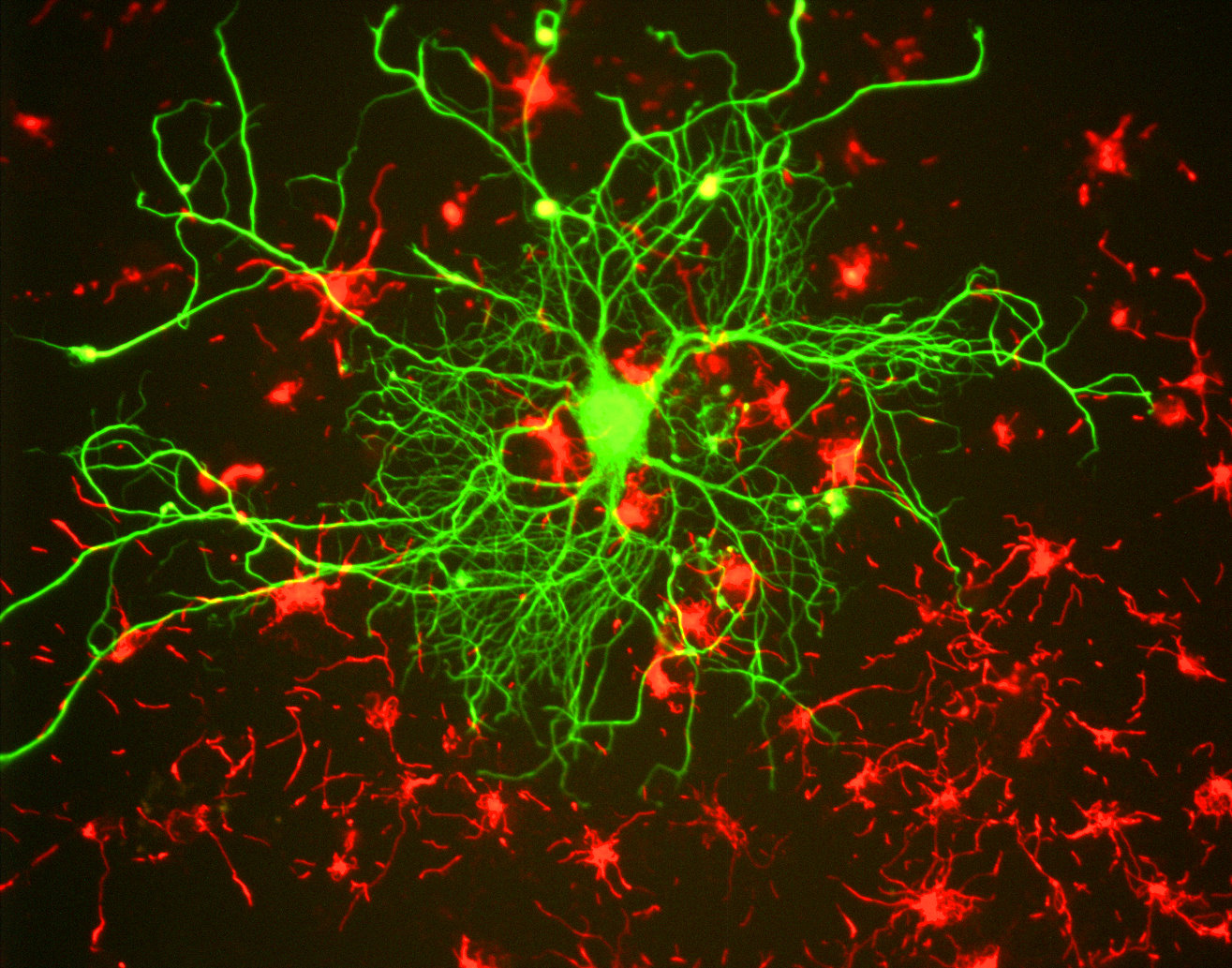Charity backs R&D into Parkinson's drugs targeting mitochondria

The charity Parkinson’s UK has struck a £1 million partnership with NRG Therapeutics to develop drugs targeted at mitochondria that could protect cells producing dopamine, which have been damaged by the condition.
The research will build on recent discoveries showing a direct link between mitochondrial dysfunction and the loss of dopamine cells.
Parkinson’s UK will invest up to £1 million in NRG Therapeutics to develop and translate this research into a potential therapeutic drug.
NRG Therapeutics is a new UK-based biotech developing novel drugs acting through preservation of mitochondrial function, targeting degenerative diseases such as Parkinson’s, Alzheimer’s disease and motor neuron disease.
Dr Arthur Roach, director of research at Parkinson’s UK, has joined the board of NRG Therapeutics as a non-executive director.
He said: “We all know there is a tremendous need to find better treatments for Parkinson’s that can slow down the progression of the condition. This pioneering research could be the first step towards identifying molecules that can protect mitochondria within dopamine-producing cells.
“I look forward to working with them as we strive to reach our goal of bringing forward better treatments and finding a cure for Parkinson’s.”
Dr Neil Miller, CEO of NRG Therapeutics, said: “We welcome this endorsement of our scientific strategy and look forward to partnering with Parkinson’s UK in developing first-in-class molecules for the disease-modifying treatment of Parkinson’s.”
Mitochondria are the powerhouses of cells and manage large amounts of calcium ions that continually flow into the cell when it is active, but can become toxic if not removed.
When mitochondria become overloaded with calcium and stop producing energy effectively, a pore in the mitochondria – known as the mitochondrial permeability transition pore - is opened.
This starts the process of cell death, leading to the loss of dopamine-producing brain cells, which is thought to lead to symptoms of Parkinson’s disease.
The investment in NRG Therapeutics from Parkinson’s UK will go towards identifying novel, small molecules that are likely to enter the brain and protect the mitochondria within dopamine-producing cells.
If successful, these molecules will be tested in pre-clinical models of Parkinson’s disease before progressing into small-scale human clinical trials to investigate their safety and potential benefits as a treatment.













